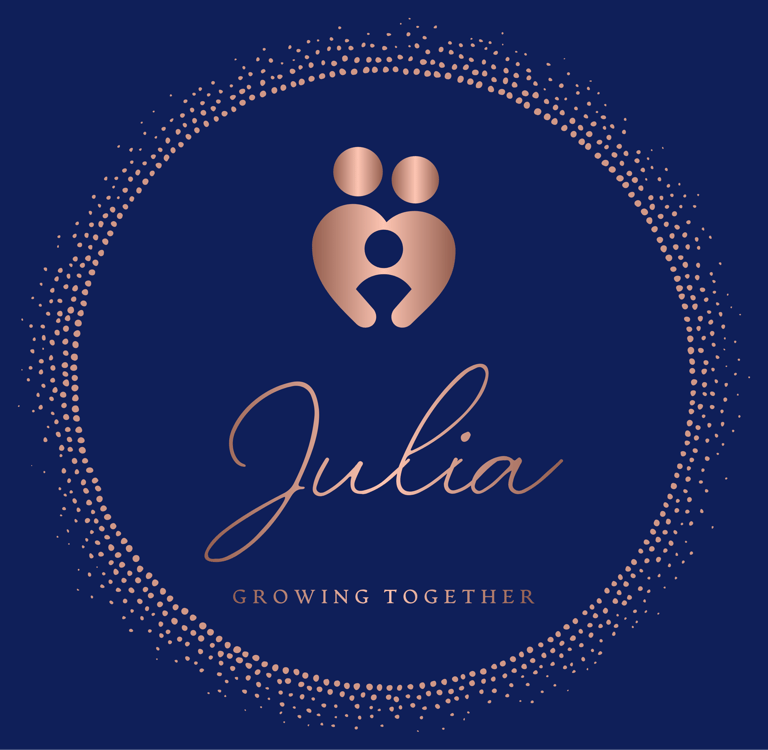Postpartum depression


Postpartum depression (PPD) is a type of depression that occurs after childbirth. It is a common mental health condition that affects women, although it can also affect fathers and partners. PPD typically develops within the first few weeks or months after giving birth, but it can onset at any time during the first year postpartum.
Key features of postpartum depression include:
Symptoms:
PPD shares many symptoms with major depressive disorder. Common symptoms include feelings of sadness, hopelessness, and despair. Other symptoms may include changes in appetite, sleep disturbances, fatigue, and a lack of interest or pleasure in activities.
Onset and Duration:
PPD often begins within the first few weeks or months after childbirth, but it can develop later in the first year. It is a prolonged condition, typically lasting for weeks or months if left untreated.
Risk Factors:
Various factors contribute to the risk of developing PPD. These include hormonal changes after childbirth, a history of depression or other mental health disorders, lack of support, stressful life events, and difficulties in the mother-infant relationship.
Impact on Mother and Baby:
PPD can have significant effects on both the mother and the baby. Mothers with PPD may find it challenging to bond with their infants, and this can affect the baby's emotional and cognitive development. It can also impact the overall family dynamic.
Treatment:
Treatment for PPD may involve a combination of psychotherapy (talk therapy), support groups, and, in some cases, medication. Antidepressants may be prescribed under the supervision of a healthcare professional.
Screening and Diagnosis:
Healthcare providers often use screening tools to assess for symptoms of PPD during postpartum check-ups. A diagnosis is typically made based on the presence of specific symptoms and their impact on daily functioning.
Awareness and Support:
Increasing awareness about PPD is crucial for early identification and intervention. Support from healthcare professionals, family, and friends is essential in helping individuals with PPD navigate their challenges.
Postpartum Anxiety and Psychosis:
While PPD is common, postpartum anxiety and postpartum psychosis are also potential mental health concerns. Postpartum anxiety may involve excessive worry and fear, while postpartum psychosis is a severe condition that requires immediate medical attention.
It's important to emphasize that seeking help for PPD is not a sign of weakness. Many women and men experience postpartum depression, and with appropriate support and treatment, recovery is possible. If you or someone you know is experiencing symptoms of PPD, it is crucial to reach out to a healthcare professional for assessment and guidance. Early intervention can significantly improve outcomes for both the parent and the baby.

